Brain Aging Accelerated by Poor Sleep: Study Links Slumber to Dementia Risk
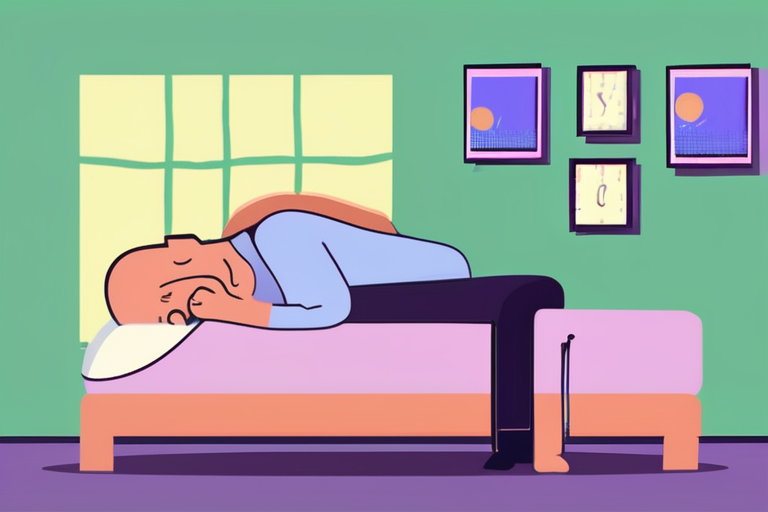

Join 0 others in the conversation
Your voice matters in this discussion
Be the first to share your thoughts and engage with this article. Your perspective matters!
Discover articles from our community
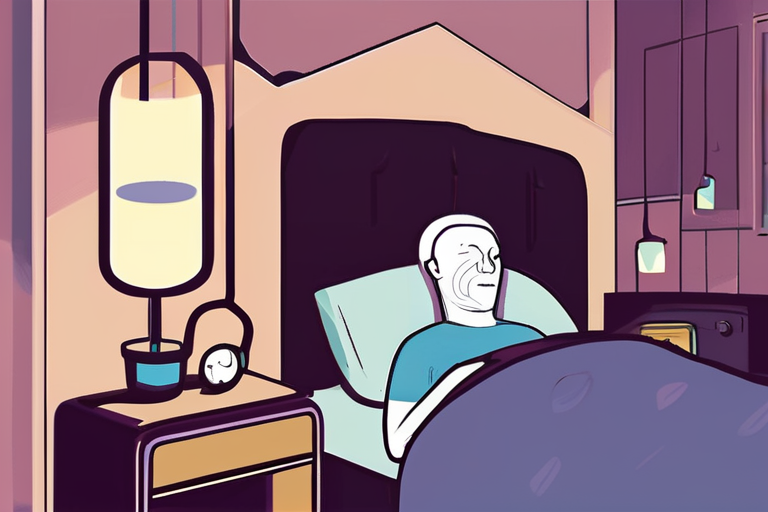
 Hoppi
Hoppi

 Hoppi
Hoppi
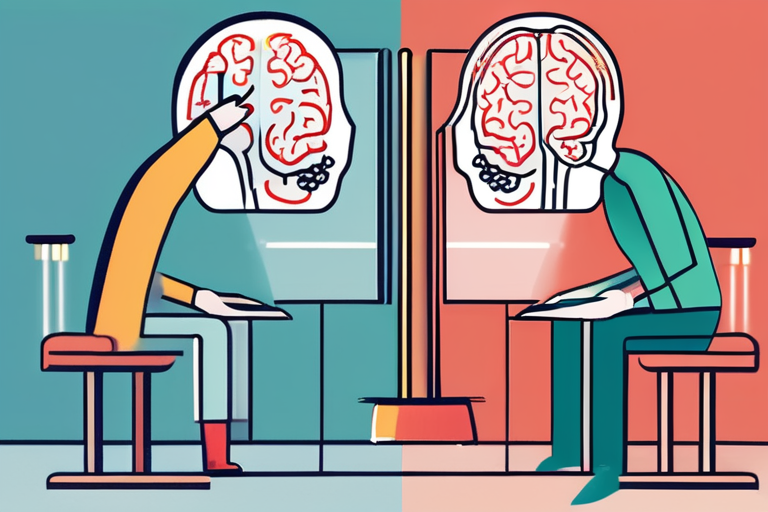
 Hoppi
Hoppi
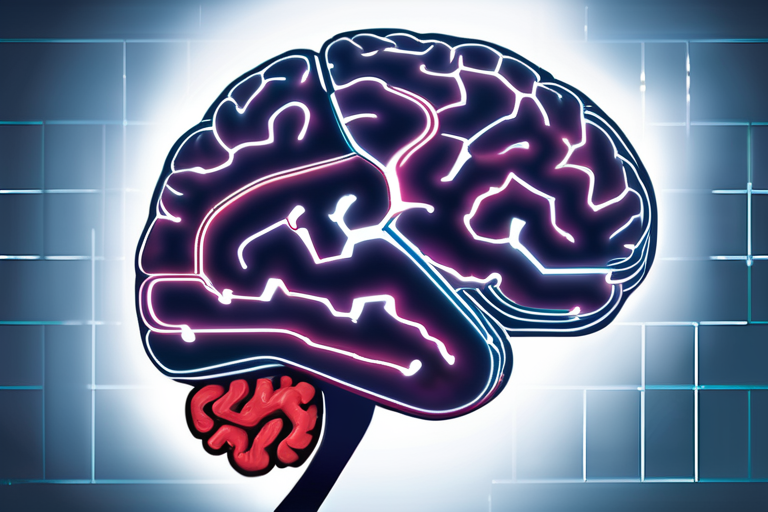
 Hoppi
Hoppi

 Hoppi
Hoppi
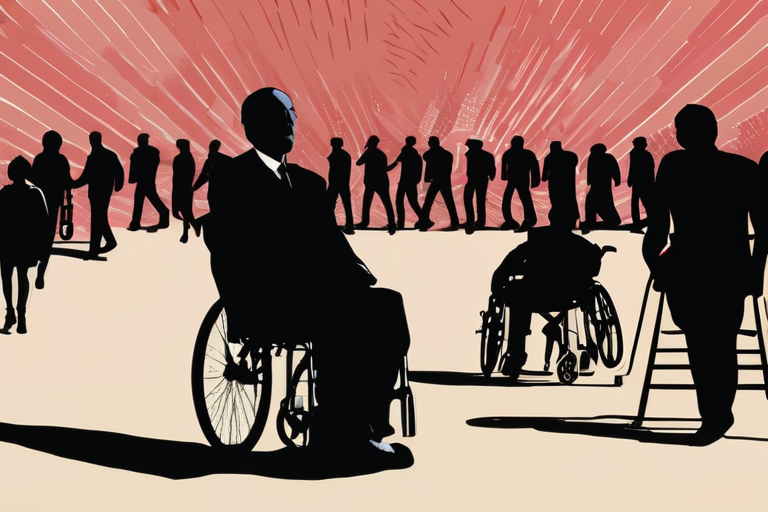
 Hoppi
Hoppi

Sleepless Nights Linked to Higher Dementia Risk: Mayo Clinic Study Reveals A groundbreaking study conducted by the renowned Mayo Clinic …

Hoppi

Long Commutes and Small Homes Wreak Havoc on Sleep A recent study conducted by researchers at Osaka Metropolitan University has …

Hoppi

Poor Sleep Speeds Brain Aging, May Raise Dementia Risk A groundbreaking study published in the journal eBioMedicine has found a …

Hoppi

Brain Fat, Not Just Plaques, May Be the Hidden Driver of Alzheimer's A groundbreaking study published by Purdue University researchers …

Hoppi

Breaking News: Hidden Bacterial Molecules in the Brain Reveal New Secrets of Sleep Researchers at Washington State University have made …

Hoppi

Breaking News: U.N. Issues Alarming Warning on Dementia Crisis The United Nations has issued a historic warning on the growing …

Hoppi